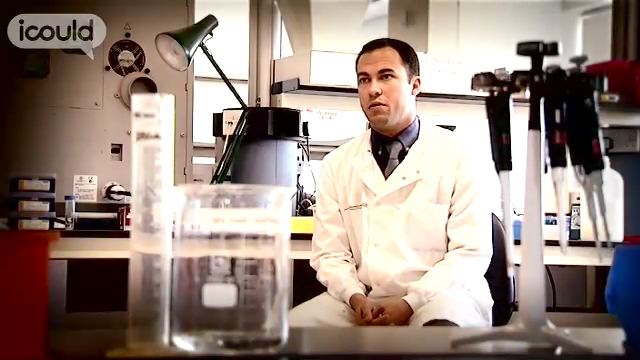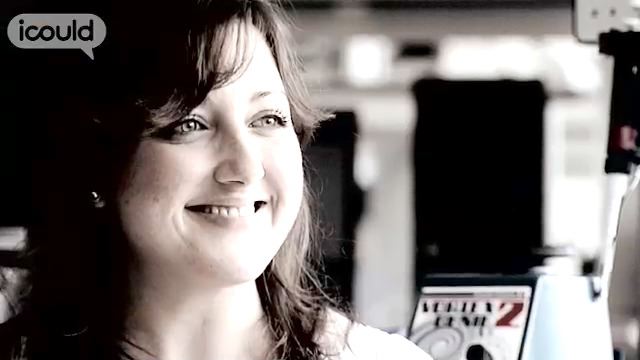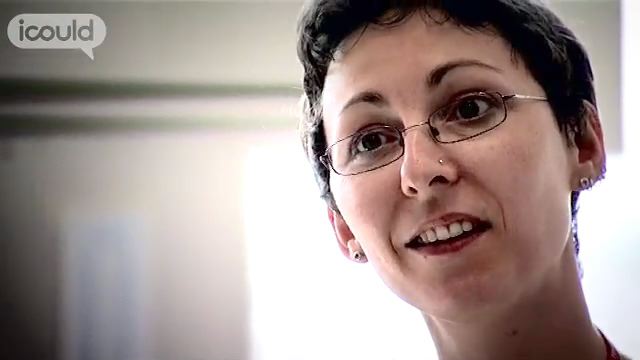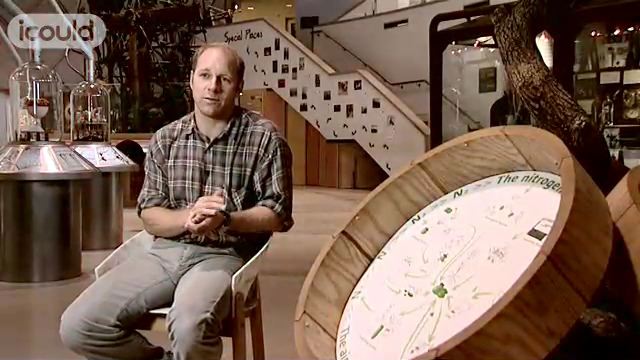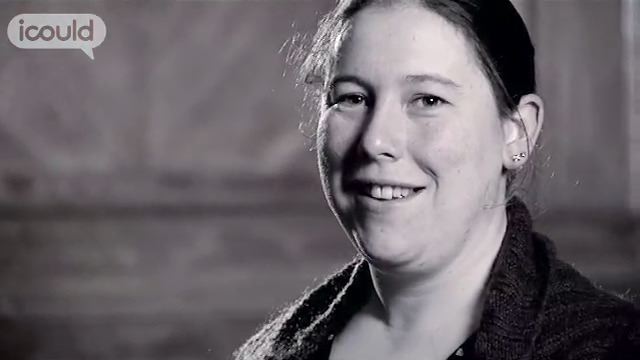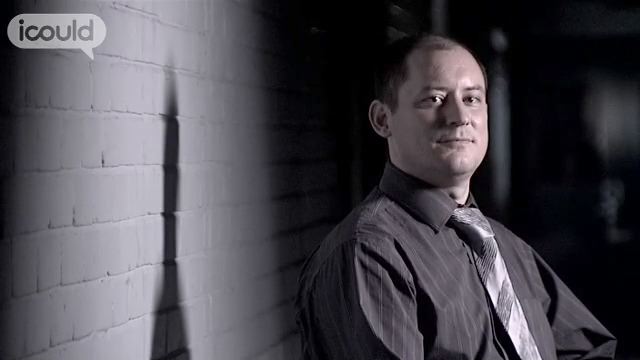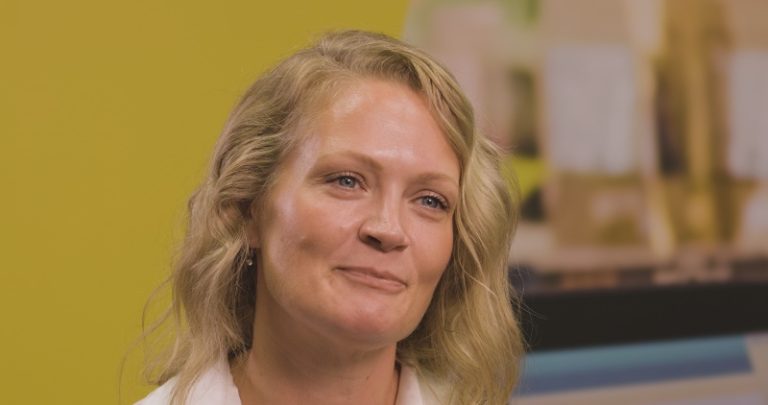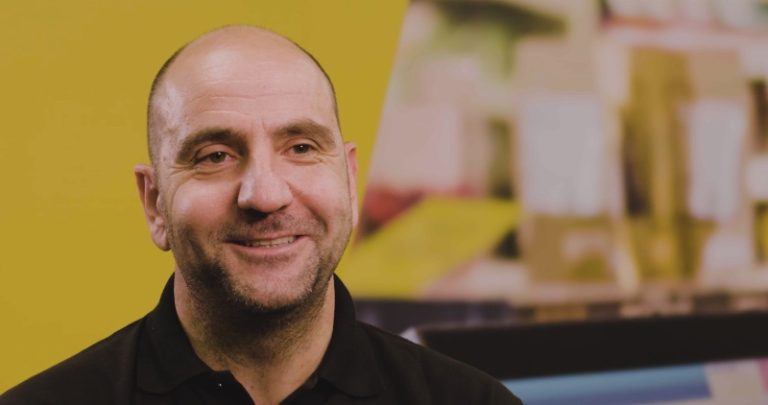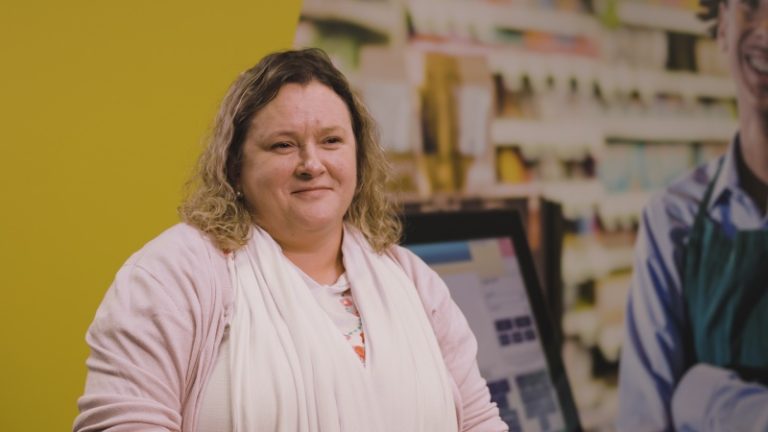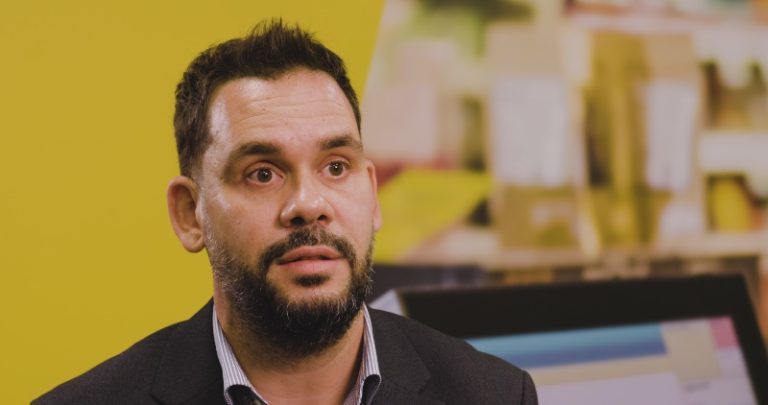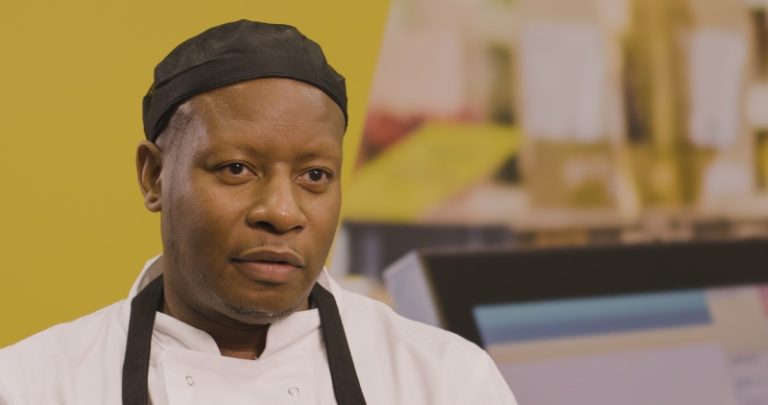Senior Scientist
Eden Project
Peter W
00:00:03 OK my name is Peter W, and I work as Senior Scientist at Eden Project. Well my average day job is sitting behind a desk and fiddling with a computer, but I do spend a lot of time, lots of lumps of time away doing projects, working with partners in different parts of the world. For the past few years I’ve been particularly working within mining and environmental issues and tropical forest regeneration projects in various places.
00:00:32 The people that inspired me – there’s a couple of teachers in my life that have just pushed me a little bit and said these are – this is what you can achieve, that sort of thing. My Mum and Dad, particularly Mum, really helped a lot. But outside of that circle of school and parents, I reckon David Attenborough did a lot. I used to watch his programmes when I was a little kid in the 1970s, Life on Earth. And that just – it just connected with me completely, and I thought Oh that’s very interesting. So that’s what I sort of pursued that sort of, you know, interest in the wild – wilderness and the environment. So I was thinking maybe if I do go to University I’m going to do something to do with ecology or environmental science.
00:01:14 So I took A levels that sort of went in that sort of direction, although I wasn’t too definite about where I wanted to go. So – they call them gap years now – but in 1986 there wasn’t that many people doing that. And I went on a thing called Operation Raleigh, which took me to – for three months to the other side of the world to New Zealand, where I was just living outside in the bushes with a bunch of other people from all over the world. Doing environmental conservation projects, track building in National Parks, and all this kind of stuff. So that was it, quite a formative year actually. And then I travelled round America for a few months, having worked in a Summer Camp and all that. So that was probably one of the most formative years of my entire life. And again it’s taking advantage of those opportunities that come along.
00:01:57 I hadn’t foreseen it, but I ended up going to Cambridge University. I did Natural Sciences for three years. And, you know, my Dad’s a self-employed builder, you know, we come from a little house in Scarborough, you know, people like me don’t go to Cambridge University, so it was quite interesting. So, yeah, I really enjoyed it, it was really really hard work though. (LAUGHS) Loads of peer pressure. I got a little bit stressed a few times. But no, it was good. By the end of three years I’d got sort of a more defined picture of where I wanted to go. Particularly interested in forests, for some reason, and natural vegetation and stuff. And then climate change was happening – somebody’d invented climate change in the mid to late eighties, so I started looking at climate change … and I ended up coming down to Cornwall to do a PhD.
00:02:52 I could have stayed in Academia, we’re sort of in 1999 now, I actually felt like I wanted to move on. And just at that time in the local media there was a little ground swelling of a thing called the Eden Project by Tim Smit. To cut a long story short, I sent him my CV, just on spec, and he said come in for an interview, and that’s how the whole thing started. When I told people at my previous workplace that I was leaving and I was going to work at Eden Project, this is over ten years ago, virtually all of them said well that’s just going to be a complete waste of time, and you’re making a mistake. And now I can turn round and say I told you so, and that’s quite a satisfying feeling. (LAUGHS)
00:03:34 When my Dad, a self-employed builder – there’s a whole story there about he was a German War refugee fleeing the Red Army, OK, so he’s come back from absolutely nothing, and built his life up and all the rest of it. And when I was younger he was always trying to say Oh you can’t make a career reading all day, and that kind of thing. And now I think he’s changed his tune completely now. I think he really appreciates what I do, and how hard I’ve worked to get here, so – it’s about you know proving people wrong sometimes, even if it’s your family.
00:04:07 ENDS
Inspired by teachers, family, David Attenborough’s Life on Earth TV series and a gap year project with Operation Raleigh, Peter is now Senior Scientist. Coming from a working class background in Scarborough, he went on to Cambridge University which he really enjoyed. He moved to Cornwall to do a PhD then applied for a position at the Eden Project, ignoring warnings from his less far-sighted colleagues. In his words, “It’s about proving people wrong sometimes”.
More information about Biological scientists
The UK average salary is £29,813
There are 37.5 hours in the average working week
The UK workforce is 47% female and 53% male
Future employment
- Studies the physical form, structure, composition and function of living organisms
- Researches the effects of internal and external environmental factors on the life processes and other functions of living organisms
- Observes the structure of communities of organisms in the laboratory and in their natural environment
- Advises farmers, medical staff and others, on the nature of field crops, livestock and produce and on the treatment and prevention of disease
- Monitors the distribution, presence and behaviour of plants, animals and aquatic life, and performs other scientific tasks related to conservation not performed by Job holders in MINOR GROUP 215: Conservation and Environment Professionals
